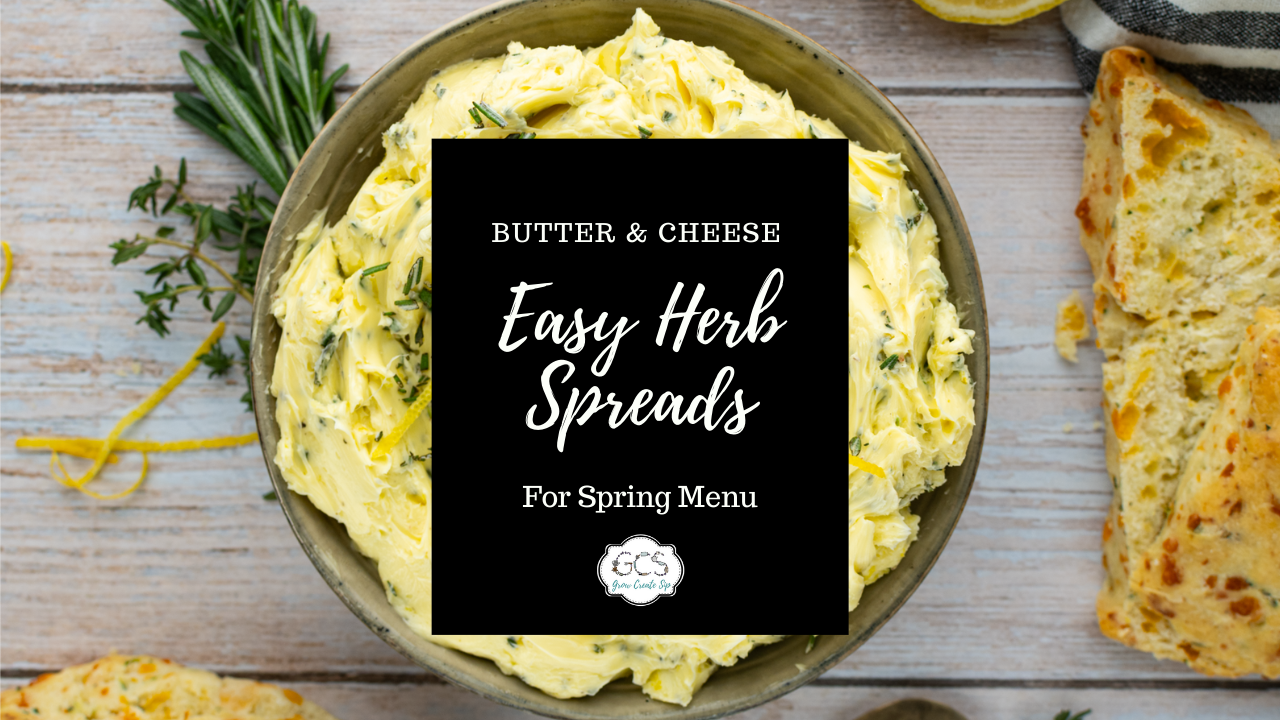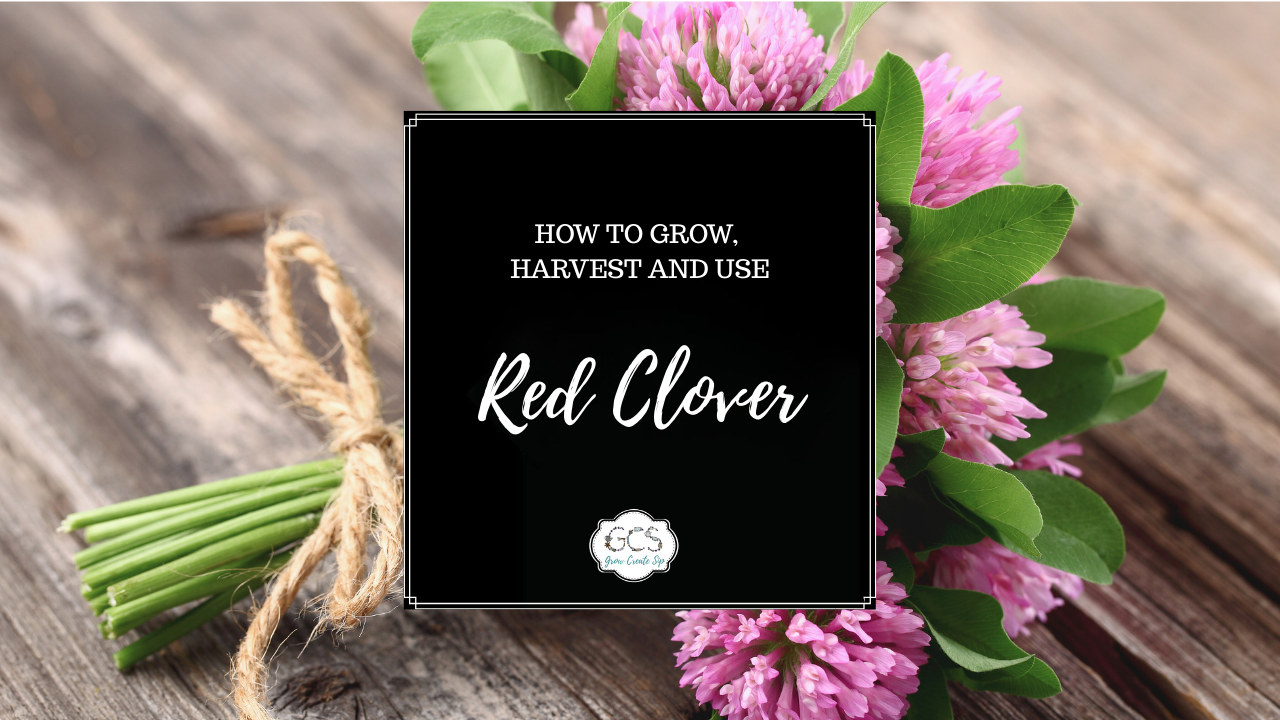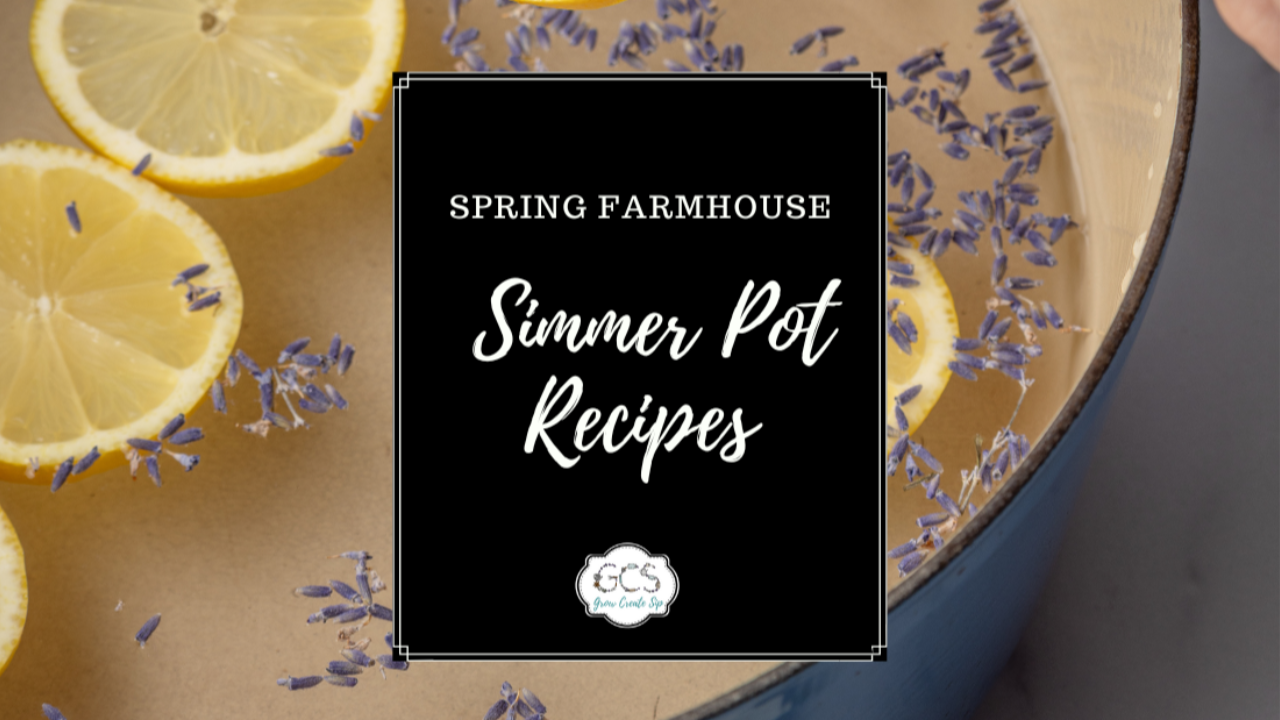The Bad News About Tea Bags: Why Choose a Tea Filter or Press Instead
Dec 30, 2024
It should come as no surprise that we’re big tea drinkers. And while we love a good cuppa, something we don’t love is all of the harmful chemicals that can be found in many tea bags. That’s why we much prefer a tea filter!
While certainly convenient, store-bought tea bags are made with materials that only inevitably end up in your tea. And if you, like us, enjoy herbal tea for all of its health benefits, you definitely don’t want that. Fortunately, there are better ways to enjoy your tea that don’t involve any chemicals. Let’s explore why ditching tea bags in favor of filters or presses is a small change that can make a big difference.
Learn about the hidden dangers of tea bags, including bleach, glue, and microplastics. You'll also explore why a tea filter, tea press, or tea filter ball is the better choice for pure, flavorful tea. Avoid all the harmful plastic in tea bags by switching to loose-leaf tea brewed with easy-to-use tools that not only protect your well-being but also improve the taste of the tea!

The Legal Stuff
This blog is provided by St. Fiacre's Farm LLC for informational purposes only. It does not constitute medical advice, and you should always seek the advice of a qualified healthcare provider for any medical questions or concerns. Please note that we may earn a small commission on any purchases you make through our affiliate links, at no additional cost to you. Thank you for your support!
What’s Really in Your Tea Bag?
Most tea bags you can find at the grocery store are made with bleached paper, nylon, or PET plastic (Source).
Why, you may be wondering? Bleach is used to turn the tea bags white, leaving behind chlorine compounds in the process. When exposed to hot water, these compounds can break down and release trace amounts of those harmful substances into your tea. One chemical, called epichlorohydrin, is commonly found in some tea bags and has been linked to reproductive issues and cancer when consumed in high amounts… we definitely don’t want any of that.
Plastic-based tea bags are no better, and studies have shown that steeping these bags in hot water can release microplastic particles directly into your tea. More research is needed, but many believe microplastics disrupt hormones and could pose serious long-term health risks.
Glues and adhesives
Heat-activated adhesives and glues are often used to seal tea bags shut. And while these are generally considered food-safe in small amounts, the key issue here is the hot water needed to make tea. When exposed to boiling water, the glue dissolves and leaches into your drink.
Plastic in tea bags
The study mentioned above found that a single plastic tea bag releases approximately 11.6 billion microplastic particles and 3.1 billion nanoplastic particles when steeped in water at 95°C. Yes, billions of particles. These particles are too small to see but may accumulate in your body over time. Beyond health concerns, they also contribute to pollution, as most plastic tea bags are not biodegradable and it's always good to help preserve God's green earth.

Our Good, Better, Best Guide to Enjoying Tea
Switching out your traditional tea bags doesn’t mean you need to sacrifice convenience or learn a complicated brewing process! Below is our simple guide to help you find a healthier way to enjoy a cuppa.
Good: Whole-leaf tea in bags
If you’re not ready to part with tea bags completely, whole-leaf tea bags from reputable brands are a step in the right direction. These are often made with unbleached, biodegradable materials, which reduce the risk of chemical leaching.
A few more benefits:
- A cleaner, purer cup of tea compared to traditional bags
- Just as convenient
- Boasts a better flavor
The key here is to look for brands that explicitly state that their bags are made from unbleached paper or natural fibers. Some may also use corn-based biodegradable mesh instead of plastic though the corn-based may contain GMO's.

Better: A tea filter
Tea filters are single-use, fillable, unbleached paper pouches that let you create your own tea bags. They’re free from harmful chemicals and are fully compostable too! It’s a great option if you’re looking for the convenience of a traditional tea bag in a better-for-you form. Do note that these are still held together with a glue.
Even more benefits:
- Customizable — fill them with your favorite loose-leaf tea or herbal blends
- No plastics or bleach to worry about
- Compostable
Using one is as simple as scooping loose tea into the filter, folding it closed, and steeping it in hot water.
Another option is a reusable tea filter ball. Also known as infusers, these stainless steel or silicone tools allow you to scoop in your loose-leaf tea and steep it directly in your cup. They’re easy to clean too! Now, we’ll be honest and say that a loose-leaf tea filter ball wouldn’t be our top choice, but it is better than bleached tea bags. There are also other tea strainer options that work similarly that we prefer, like this in-cup tea strainer.

Best: Tea press
Speaking of which, our top choice is definitely a tea press! All you’ll need is your loose-leaf tea of choice and the press. No bags or filters are required.
Many more benefits:
- Purest tea flavor
- The most cost-effective way to brew loose-leaf tea
- Fully reusable and doesn't create extra waste
- Portable and easy to clean
- Made with durable, heat-resistant glass
Using a tea press is so easy. All you need to do is add the tea, pour in hot water, let it steep, and press down the plunger to filter out any leaves. Another reason why this our all-time favorite way to prepare tea is because it produces strong and rich cups every time and works well with even the finest tea like red rooibos.

Tea Filter Frequently Asked Questions
What is the best material for a tea filter?
The best tea filters are made from unbleached paper or stainless steel. Unbleached paper filters are compostable and free from chemicals like bleach or microplastics, while stainless steel options, like a tea filter ball, are reusable, and durable.
Why is loose-leaf tea better than tea bags?
Loose-leaf tea typically boasts a much higher quality than tea found in bags. It’s fresher, bolder, and more flavorful due to its whole form versus a powdered form inside tea bags. Water is also able to better circulate around it as it steeps, which will give you a richer and more aromatic cuppa.
Can I use a coffee filter as a tea filter?
Yes, you can technically use a coffee filter as a filter for tea in a pinch. That said, they’re not as effective as specially made tea filters. And it will probably make a big mess if you try to use one!
Ditch Your Tea Bags for Good
Switching from tea bags to a tea filter or press is the best way to improve your tea. Whether you choose a simple filter, a reusable filter ball, or a durable press, there’s no denying that the flavor will be better, and you don’t need to worry about any chemicals like bleach and plastic!
Love loose-leaf tea? Don’t miss our FREE Coffee Drinker’s Guide to Loose Leaf Tea Ebook and FREE Tea Steeping 101 Guide!
Learn More About Tea
- How to Make Your Own Tea Blends
- Best Tea for a Cold
- All About Herbal Tea & Best Type to Drink
- Starbucks Medicine Ball (Copy Cat)
- How to Make Chai Tea (Not Instant)
- How to Make Iced Tea - A Loose Leaf Tea Guide














